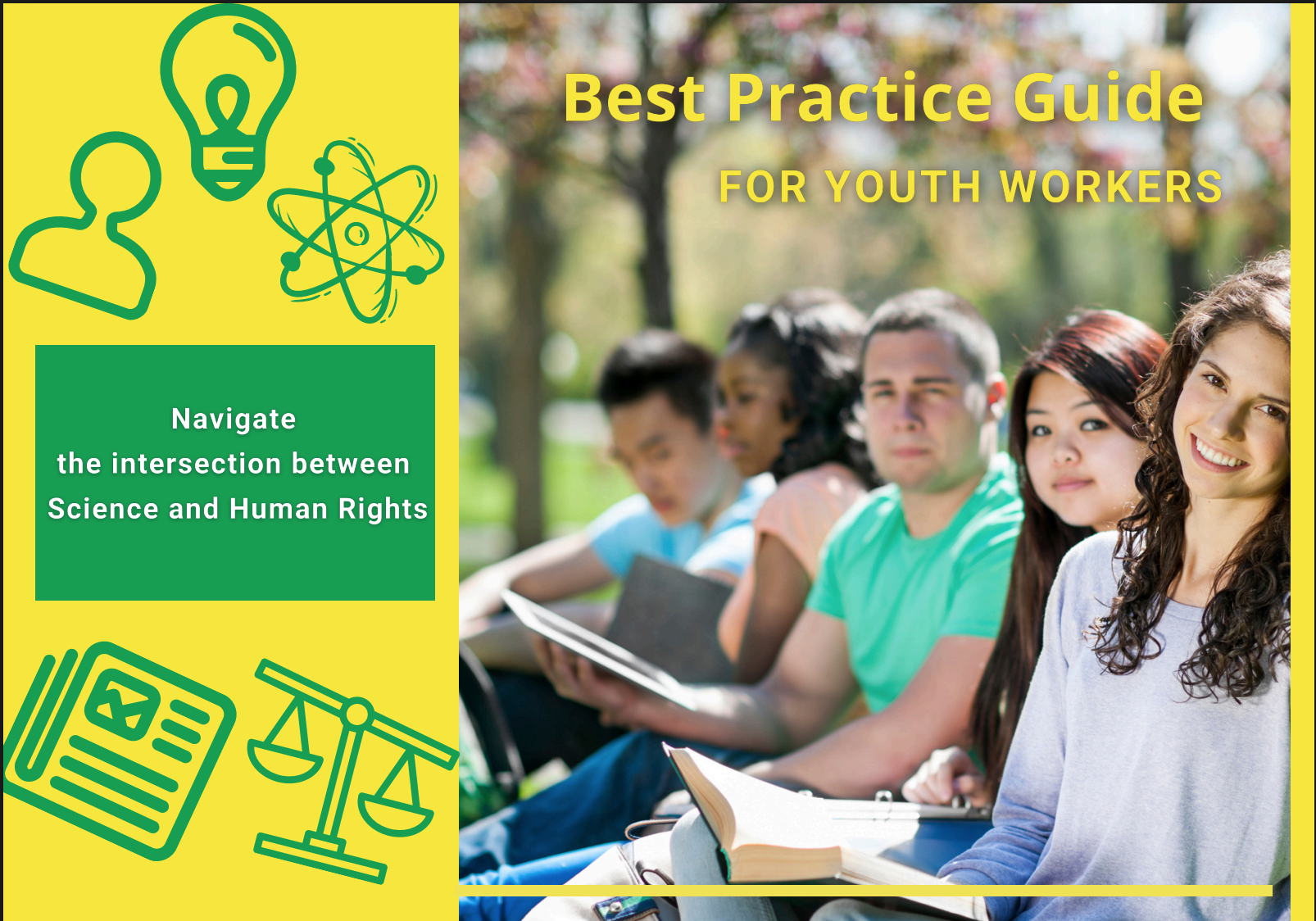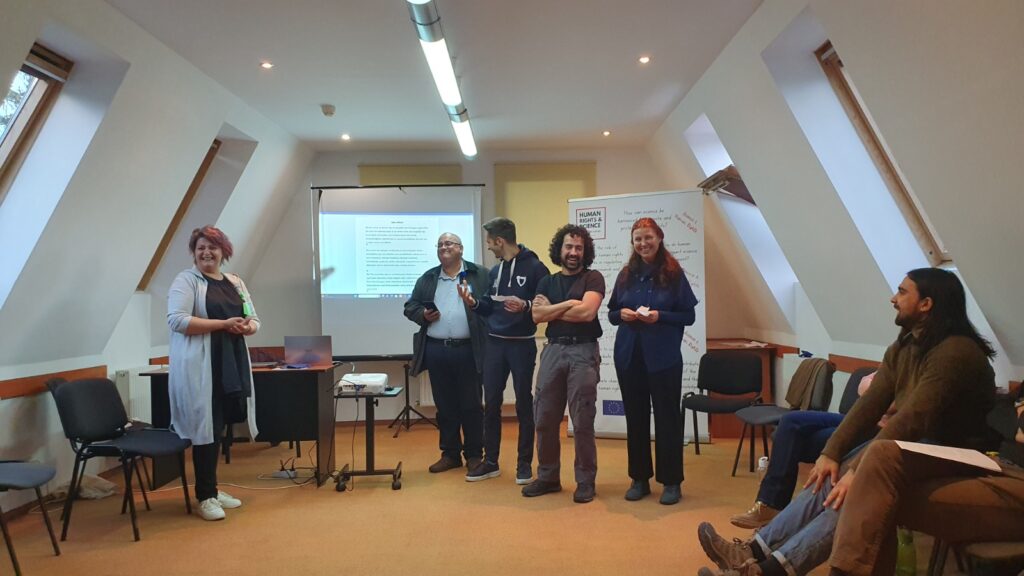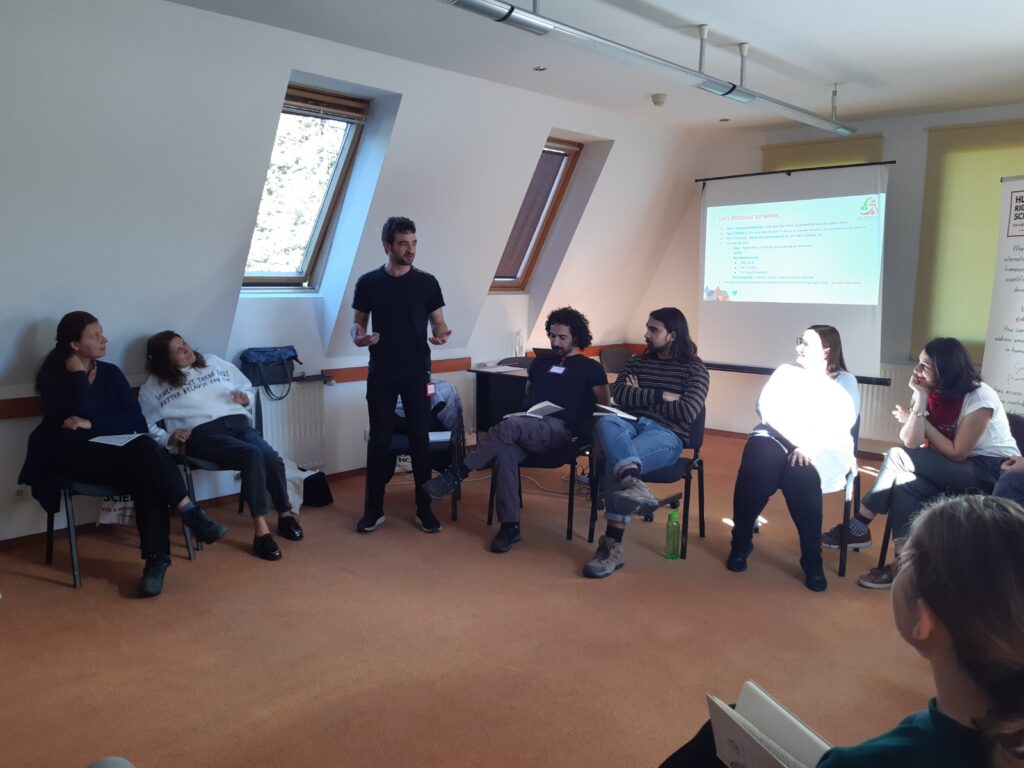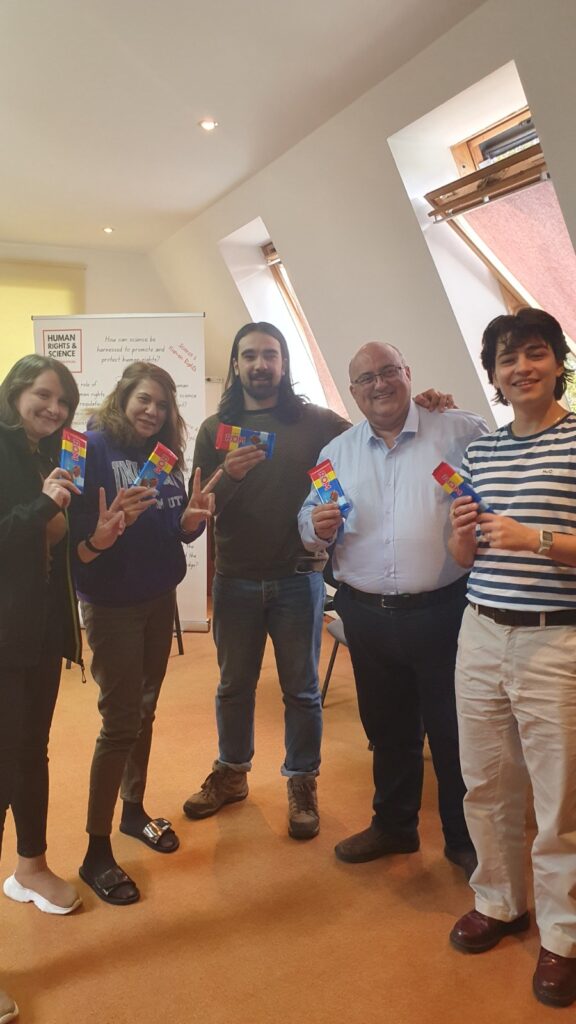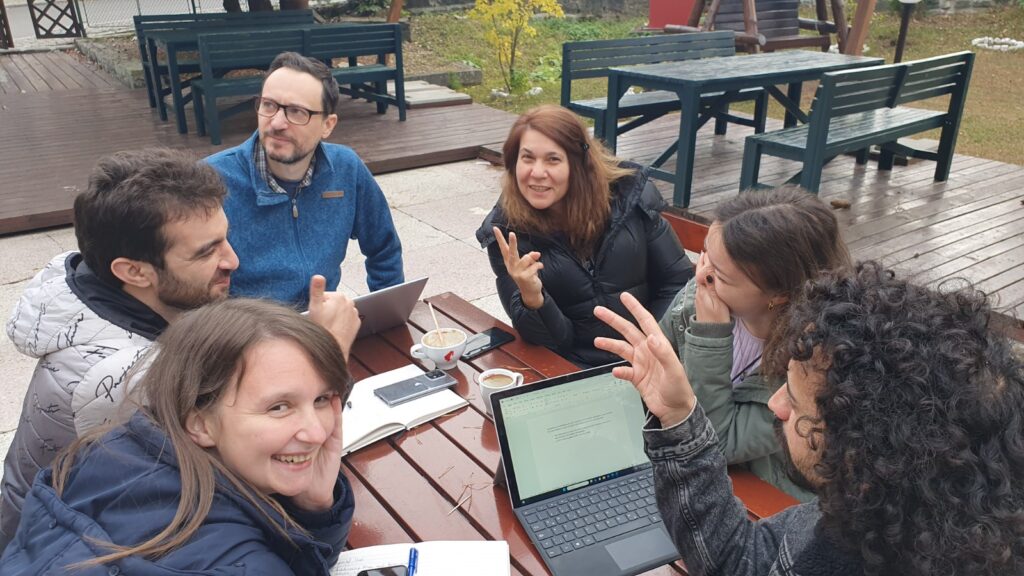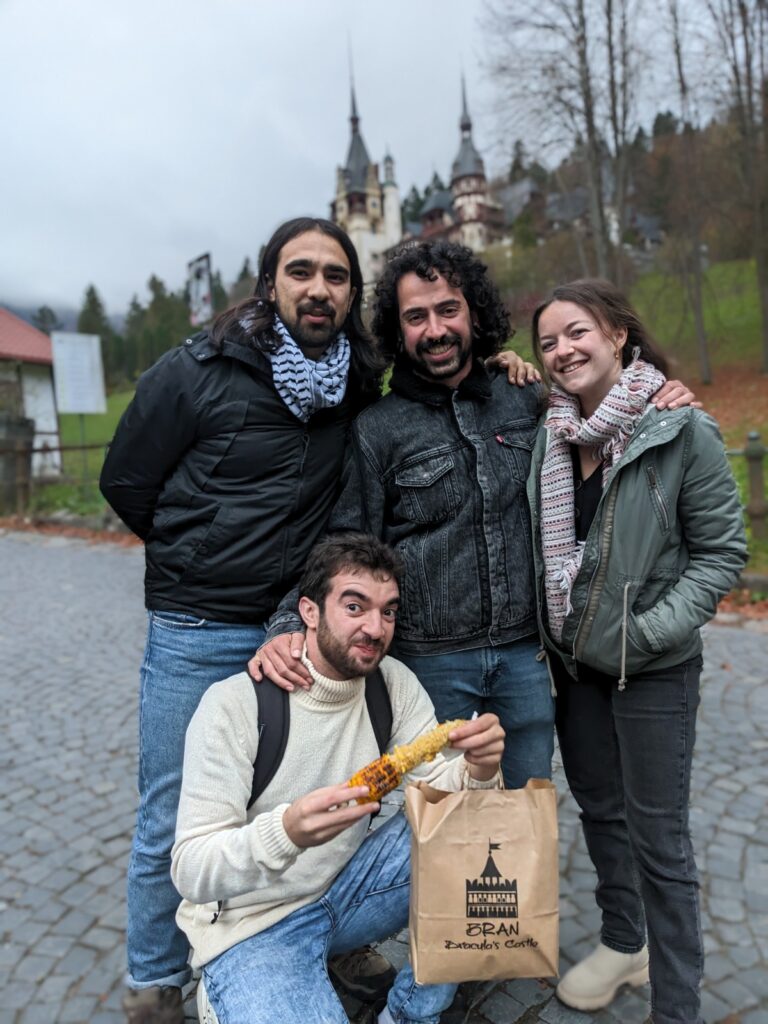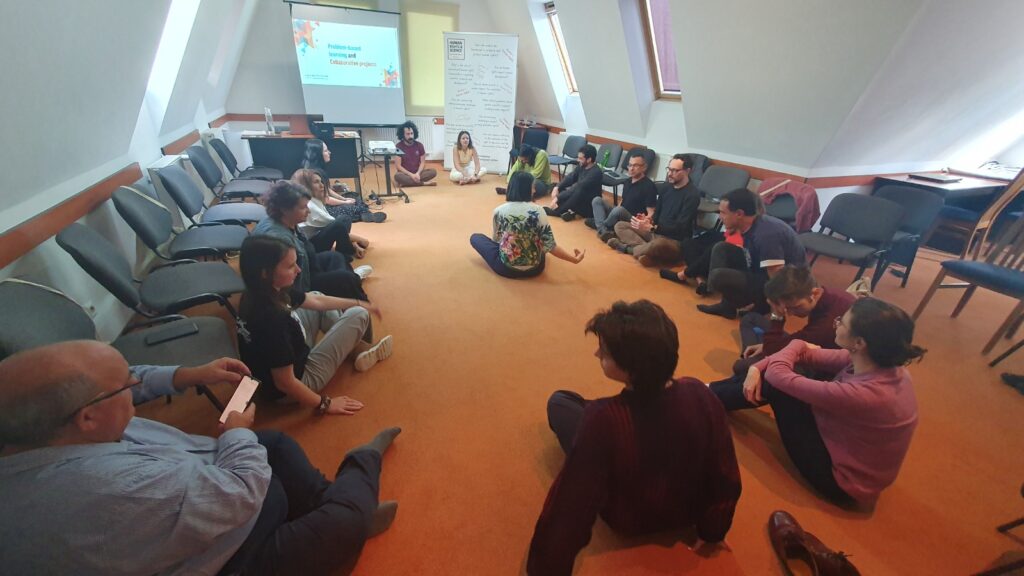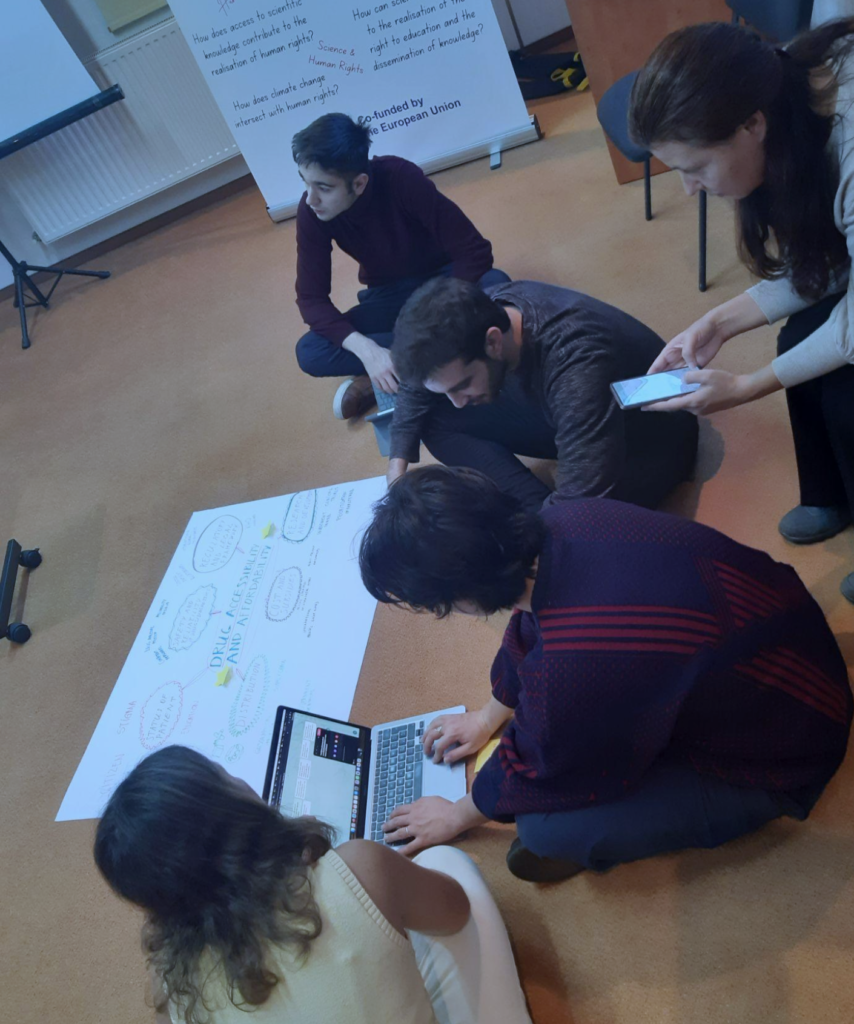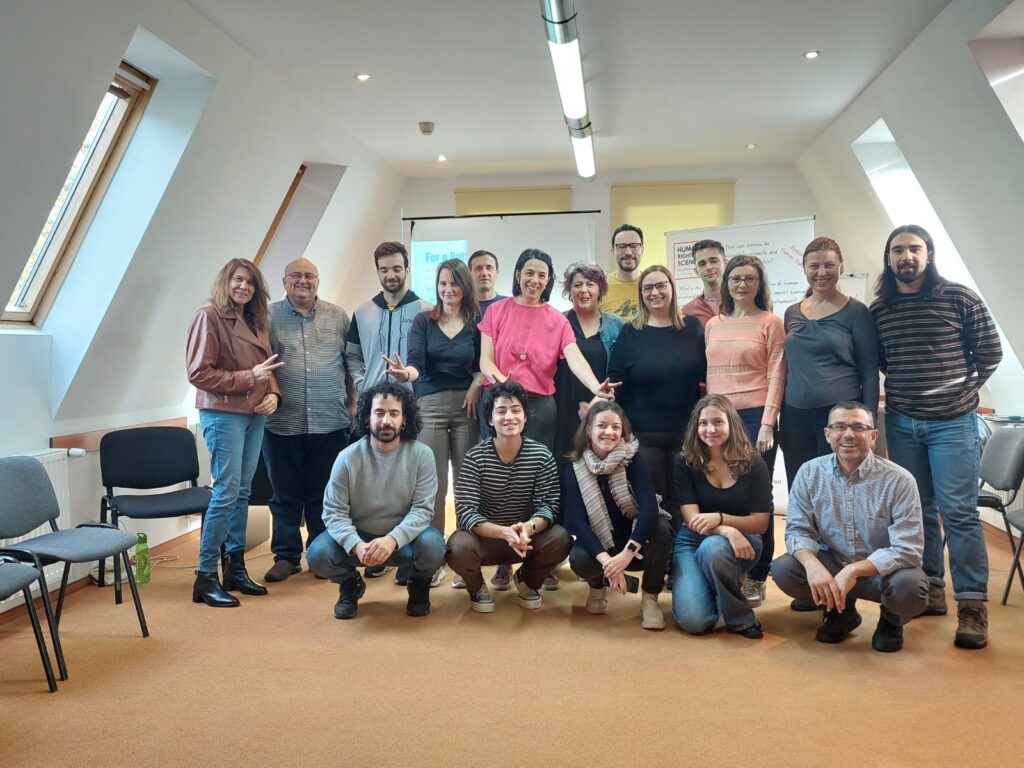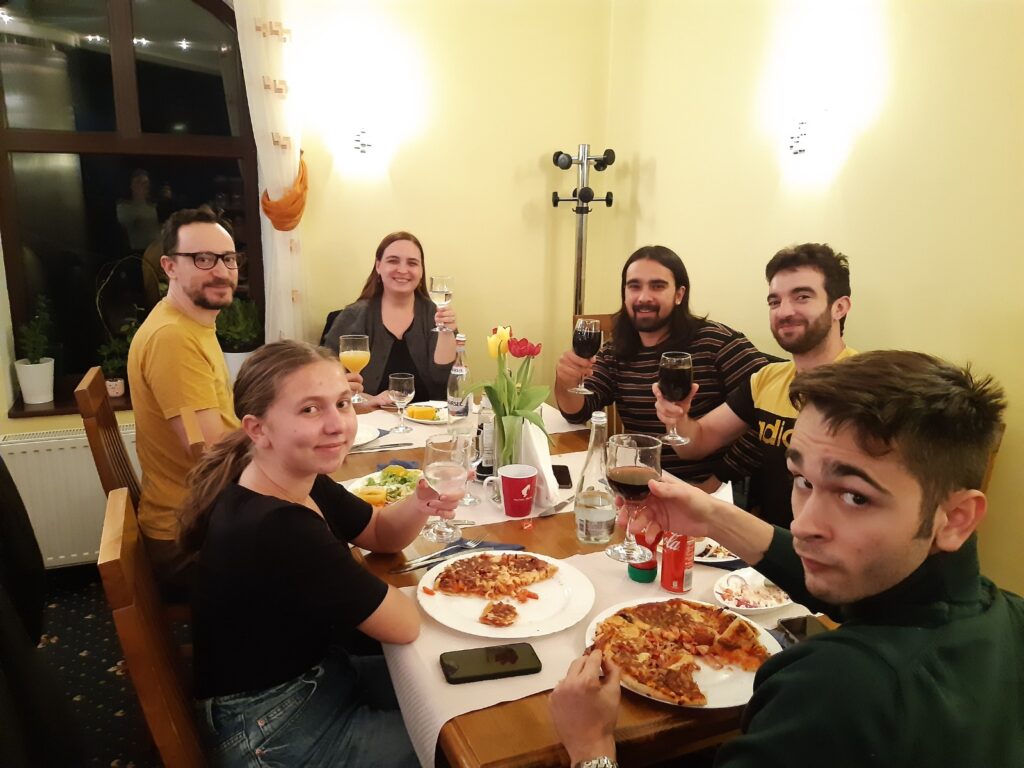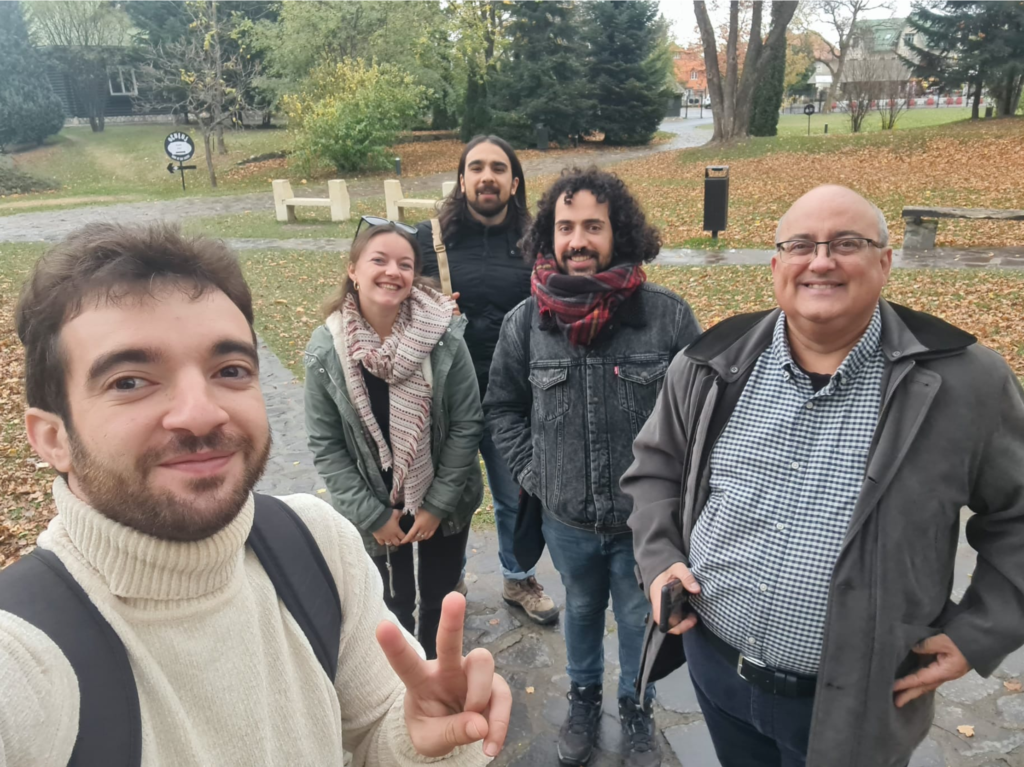For a Better Future
Science and Human Rights Education
Contact us
Training course for an integrated approach on science and human rights education
Financed through the Erasmus+ Program, this project’s goal was to help youth workers develop better relationships with the young people they guide, with a focus on helping them become self-confident young adults. Participating countries were Bulgaria, Malta and Romania.
This was an excellent opportunity where we further delved into such important areas. If you would like to know more about the training program please see below and follow this link.
–
The efforts of this project has resulted in the following guidebook.
This guide is designed for youth workers, trainers, and facilitators who are committed to fostering a better future through their work with young people. It offers valuable tools and insights to help navigate the intersection of science and human rights, with the aim of enhancing civic engagement among youth and empowering them to address social issues through local actions informed by scientific and human rights knowledge. The guide addresses the needs of youth workers by providing an integrated approach to science and human rights education, making it a practical resource for non-formal educators and those new to these topics. It is also adaptable for use by teachers and educators in extracurricular activities. The guide emphasizes the importance of connecting science and human rights, highlighting their role in fostering critical thinking, safeguarding democracy, and addressing societal challenges such as misinformation and pseudoscience. By aligning the evolution of human rights with scientific advancements, this guide promotes a forward-thinking strategy for building a better future.
Please feel free to contact us for further information. You can access the guide book by clicking the image below:
Finally, for those individuals who work in youth work and are especially interested in science (math, chemistry, biology, physics, technology and more), and human rights, and are interested in further information and resources about these areas, please reach out to us on fab@humanistsmalta.org!

